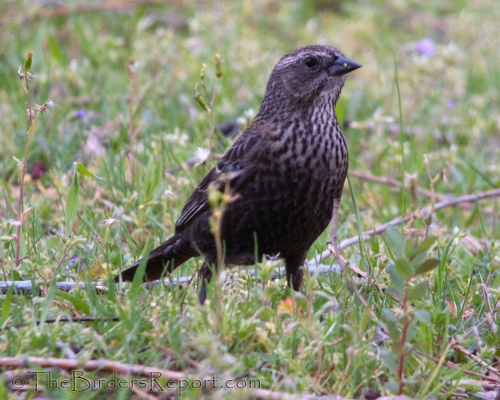 Red-winged Blackbird Female (Agelaius phoeniceus) photos by Larry Jordan
Red-winged Blackbird Female (Agelaius phoeniceus) photos by Larry Jordan
Do you recognize this bird? Many people don’t because the much more colorful male of this species gets all the attention. The Red-winged Blackbird (Agelaius phoeniceus) is arguably the most abundant and most commonly studied bird in North America, according to Birds of North American Online.
Nest building has begun and the male Red-winged Blackbird is singing from atop many a bulrush and tree.
If you listen carefully to the video, you can hear a Great Tailed Grackle vocalizing at the 23 and 49 second mark. As always, if you click on the photos you will get the full sized image.
The male may have as many as 15 females nesting in his territory in their polygynous social system.
This male, after singing a good deal atop the bulrush, dove down to the water to forage.
He didn’t pay much attention to me but he was curious as to what I was doing there.
He was more interested in chasing the females and defending his territory. She is a rather handsome bird isn’t she?
If you want to see some really cool birds, check out Bird World Wednesday!

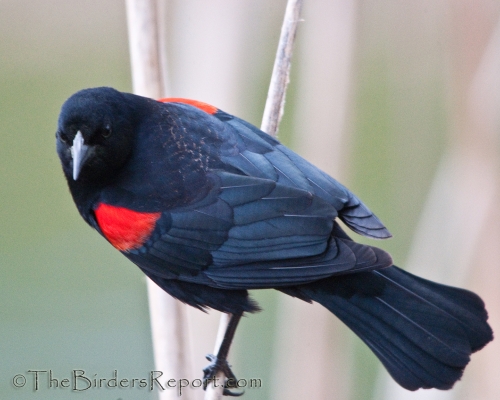
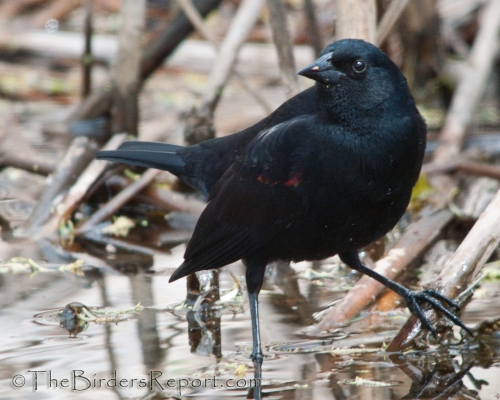
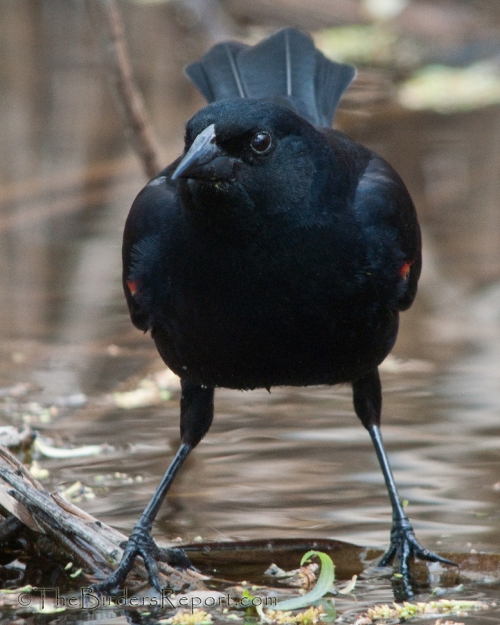
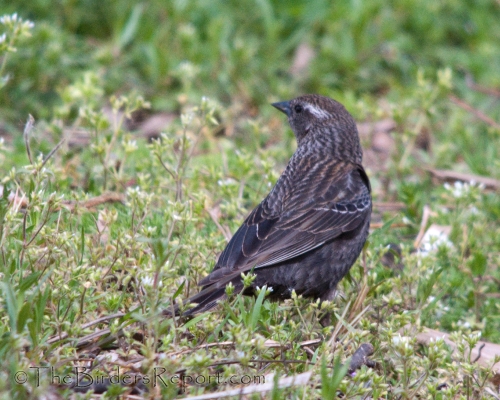





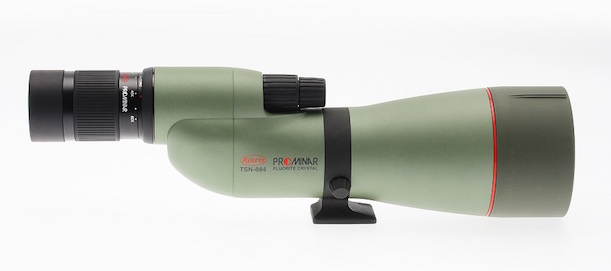


Comments on this entry are closed.
Since I read about flocks of these birds in Zen and the Art of Motorcycle Maintenance I have wanted to see one of these birds – seems I like in wrong part of the world! Will have to be satisfied with lots of parrots!
Great post on the RW Blackbirds. They look pretty in flight. Awesome closeup photos.
Awesome photos and post Larry! I heard both instances of the Great-tailed Grackle vocalizing in the video. Very unique sound.
Thanks for sharing the sounds of YOUR most common Blackbird … not quite as melodic as ours but the females are certainly underrated.
Great series!! I find her as handsome in her own way. Boom & Garyn of the Vermilon River, Canada.
Great photos! I have been trying mightily to get some decent close ups of the Red-winged blackbird but even with all my chances it is a tough catch. I love the spread eagle shot by the water, that shows it all, spunky attitude and that rich velvety black with brilliant red accents. Excellent!
A lovely bird to see. Nice series of images. Thanks for sharing.
I love the bubbly call and the all the cool “moves” this guy has…WOW thats quite a harem 15? Great photos—and I enjoyed the video also.
Hi Larry. I just discovered since signing up to receive your feed a while ago, my blog reading list was not importing your feed properly. I believe I’ve finally gotten that fixed! UGH! Now I’m stuck like a tick! 🙂
One of my favorite birds! You got some wonderful shots! I can never get a decent shot of an adult male with his beautiful red epaulets! I think the female is very pretty, also. Enjoyed the video too!
Very interesing post. I love to see the RW Blackbirds come, but I want them to move on as they empty all my feeders on the ground. While the females sit on the eggs, the male raise heck.
We have the red-winged blackbirds here too,I love to see them,tho they don`t come here to the woods where I live,they nest mainly in fields here,phyllis
A great set of images. Beautiful and well done.
Have a nice easter.
They are both gorgeous!
Awesome photos once again.
I love the one where the male is staring at you 😀
15 females,…. busy Dude 😉
I took the Bird Behavior course through Cornell and we studied these. It was interesting to learn that the females are probably attracted to the male’s territory, and not so much to the actual bird.
I would like very much to follow you for watching how you are working. I am the real catastrophy. But I must try harder, maybe once… Wonderful images , thank you!